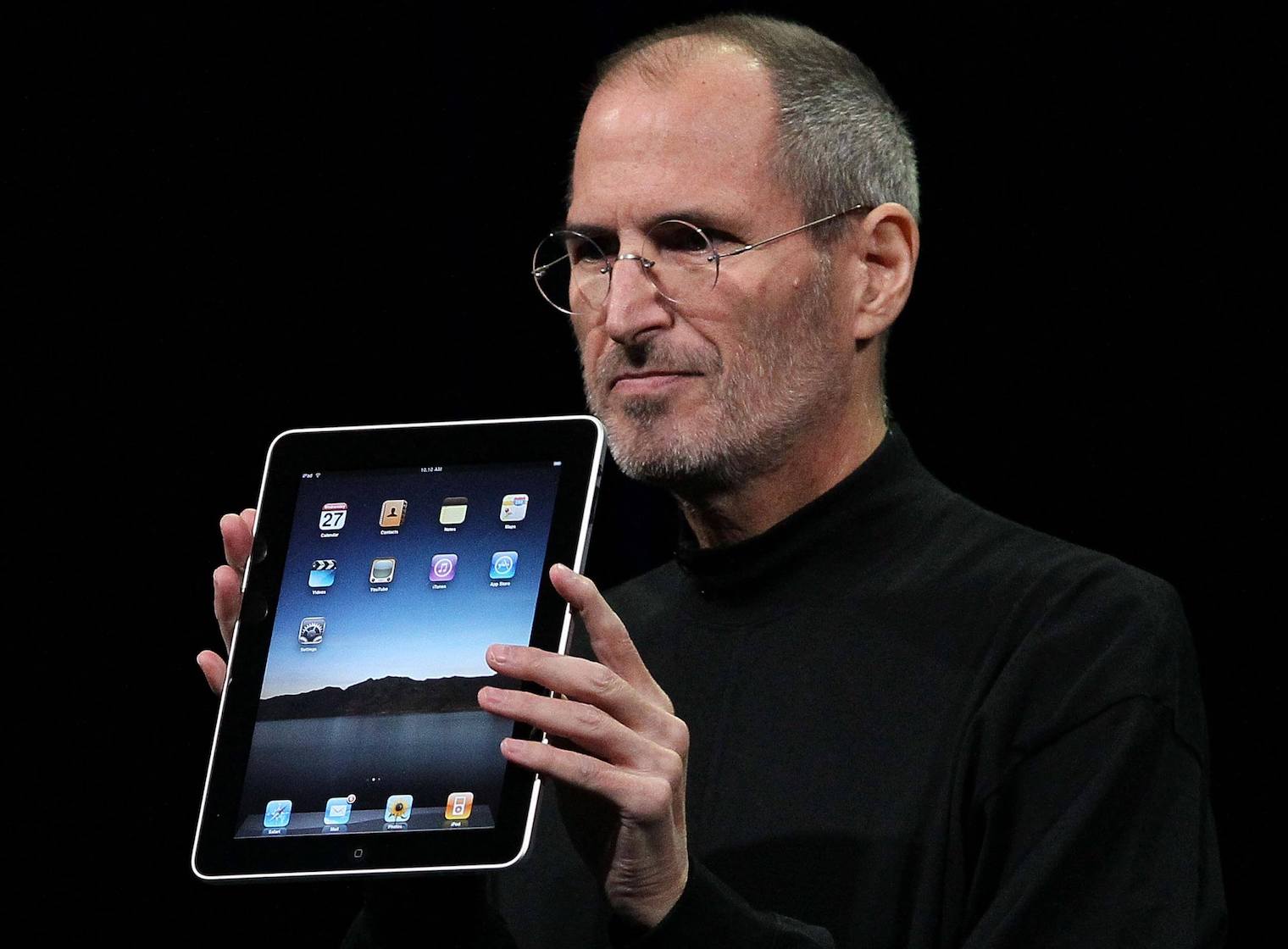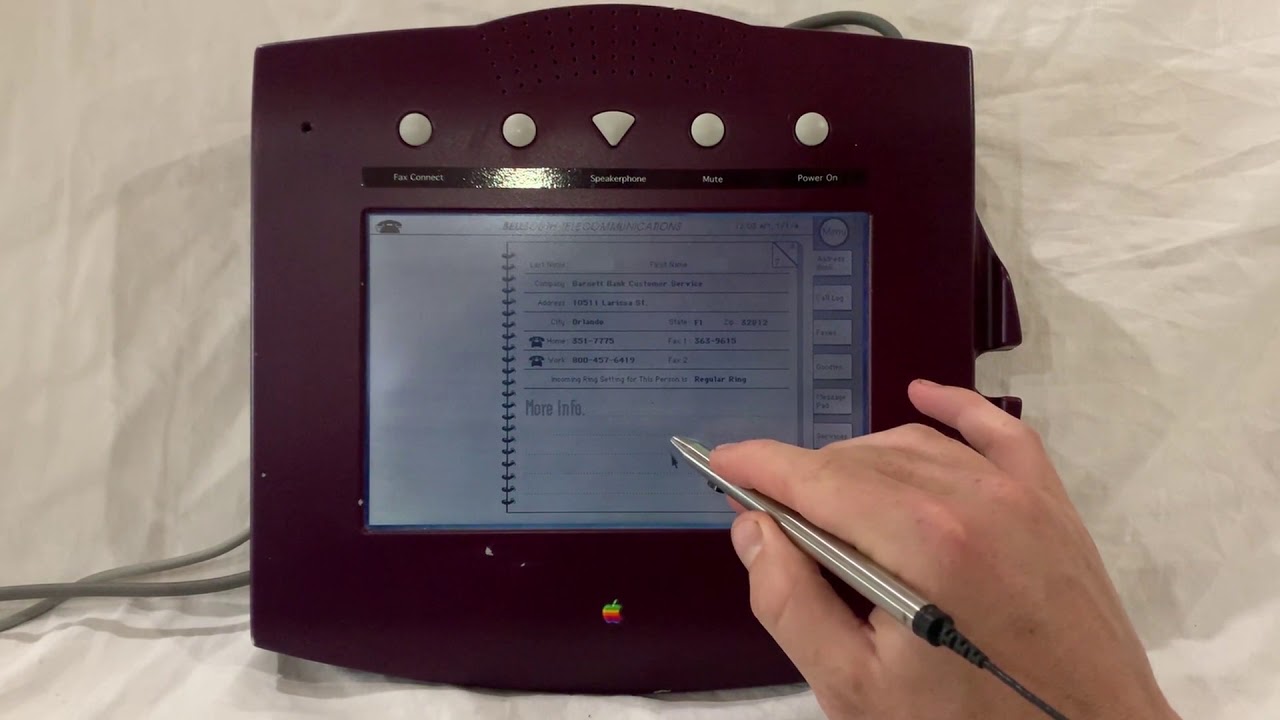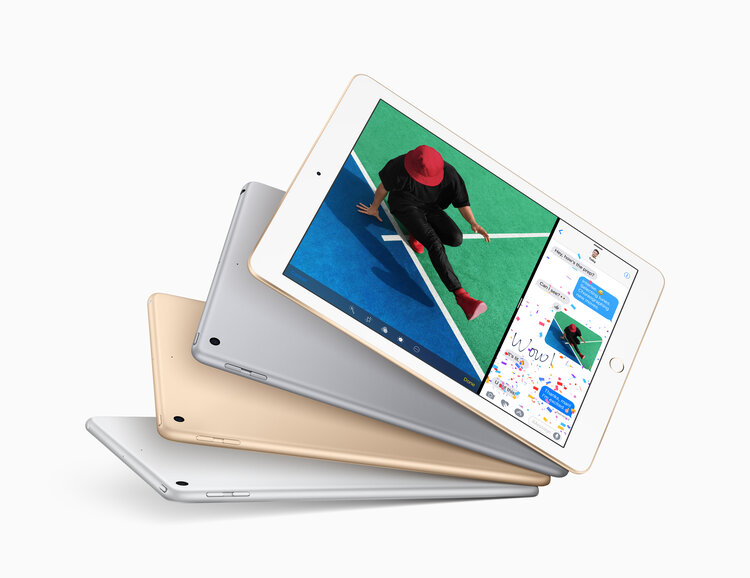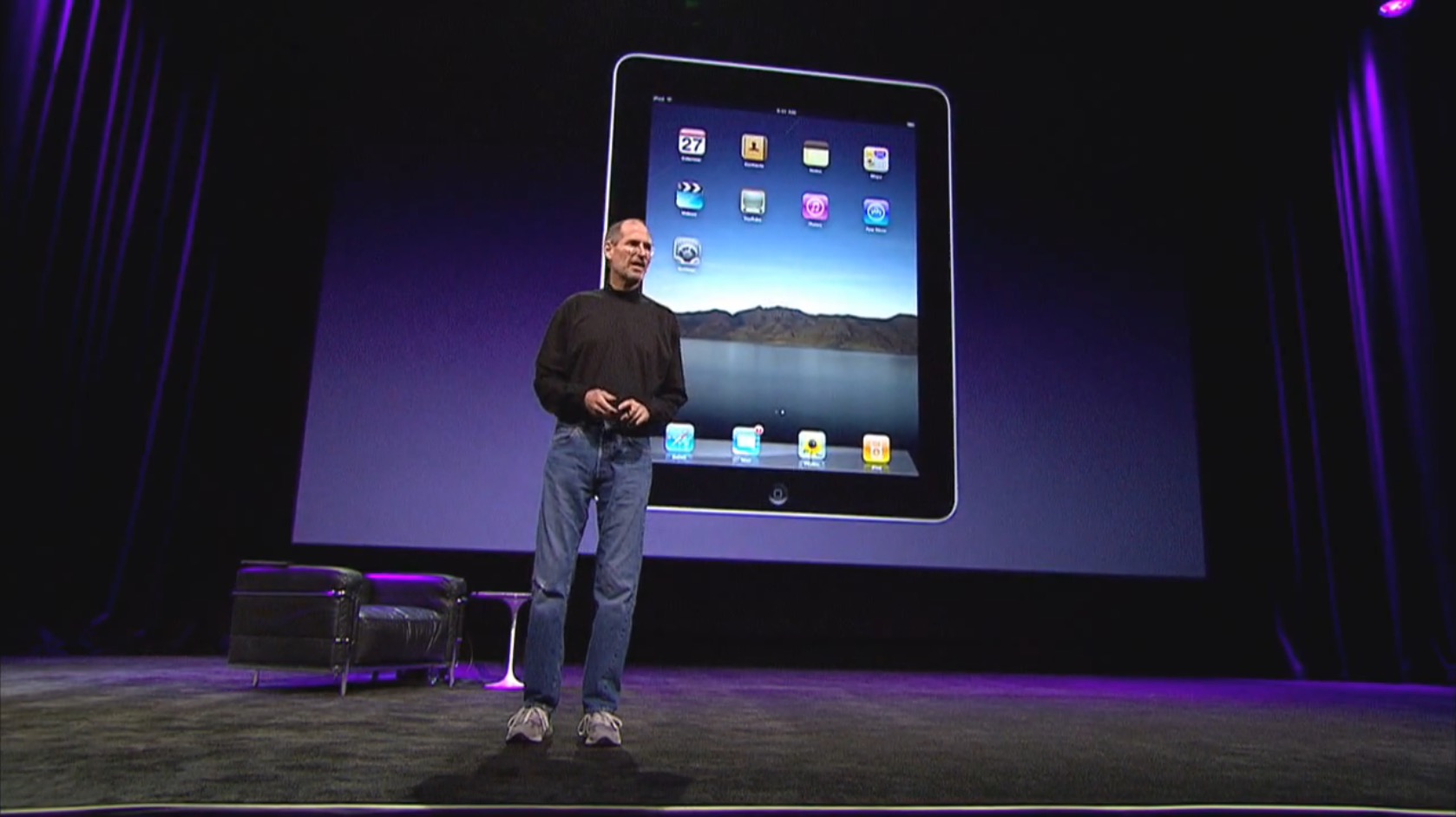Today is exactly 10 years since Steve Jobs introduced the world to the first Apple tablet. We've covered a general summary in the article linked below, where you can read about the very first iPad, as well as watch a recording of the keynote. However, the iPad phenomenon deserves a bit more attention…
It could be interest you

If you have been paying attention to the news from Apple 10 years ago, you probably remember the reactions that Apple caused with the iPad. Most journalists commented on it with the words "overgrown iPhone" (even though the iPad prototype was much older than the original iPhone) and many people simply could not understand why they should buy a similar device when they already have an iPhone and next to it, for example, a MacBook or one of the classic large Macs. Few people knew at the time that the iPad for a certain group of users would gradually replace the second-named group.

The beginnings were rather complicated, and the start of the news was by no means lightning fast. Even so, iPads started to build a good position in the market very quickly, especially thanks to the big generational leaps that pushed (almost) every new generation forward (for example, the 1st generation iPad Air was a huge step forward in terms of size and design, although with the display was not so famous). Especially with regard to the competition. Google and other manufacturers of Android tablets kind of slept through the start and never caught up with the iPad in practice. And Google et al. unlike Apple, they were not so persistent, and gradually resented their tablets, which was even more reflected in their sales. It's largely unknown what Android tablets would look like today if the companies behind their production had weathered the period of uncertainty and continued to innovate and try to outdo Apple.
It could be interest you

However, this did not happen, and in the field of tablets, Apple has maintained a clear monopoly for several years in a row. In recent years, other players have been trying to get into this segment, such as Microsoft with its Surface tablet, but it still doesn't look like a significant entry into the market. Apple's persistence paid off, despite the fact that the path to today's iPads was far from easy.
From rapidly changing generations, which pissed off a lot of users who bought a new iPad only to have it "old" in half a year (iPad 3 - iPad 4), to weaker technical specifications leading to a quick end of support (original iPad and iPad Air 1st generation), the transition to a lower-quality and non-laminated display (again Air 1st generation) and several other problems and ailments that Apple had to deal with in connection with the iPad.
It could be interest you

However, with the advancing generations, the popularity of both the iPad and the tablet segment as such grew. Today it is a very common product, which for many people is a common addition to their phone and computer/Mac. Apple was finally able to fulfill its vision, and for many people today, the iPad is truly a replacement for a classic computer. The capabilities and capabilities of iPads are quite sufficient for the needs of many. For those who have slightly different preferences, there are the Pro and Mini series. Apple has gradually been able to offer an almost ideal product to everyone who wants it, whether it is ordinary users and consumers of Internet content, or creative people and others who work with the iPad in some way.
Even so, there are still a lot of people for whom the iPad doesn't make sense, and that's actually perfectly fine. The progress that Apple has made in this segment over the last 10 years is indisputable. In the end, the power of the vision and the trust in it more than paid off for the company, and when you think of a tablet today, not many people think of the iPad.
